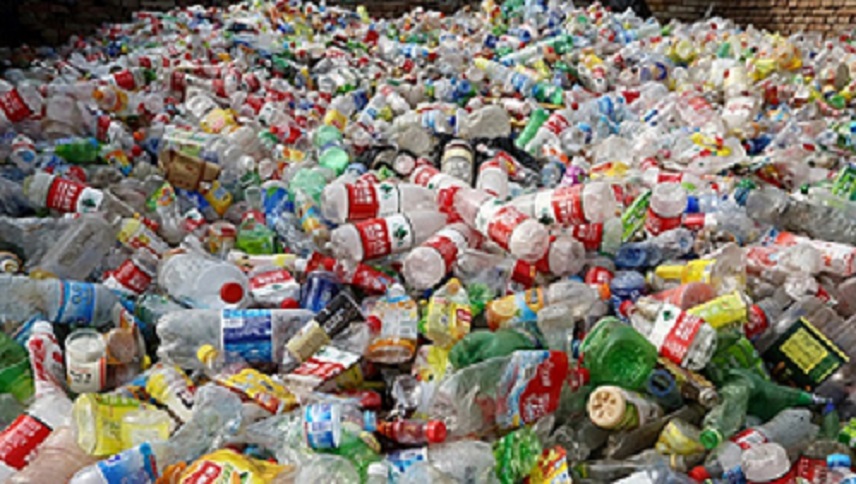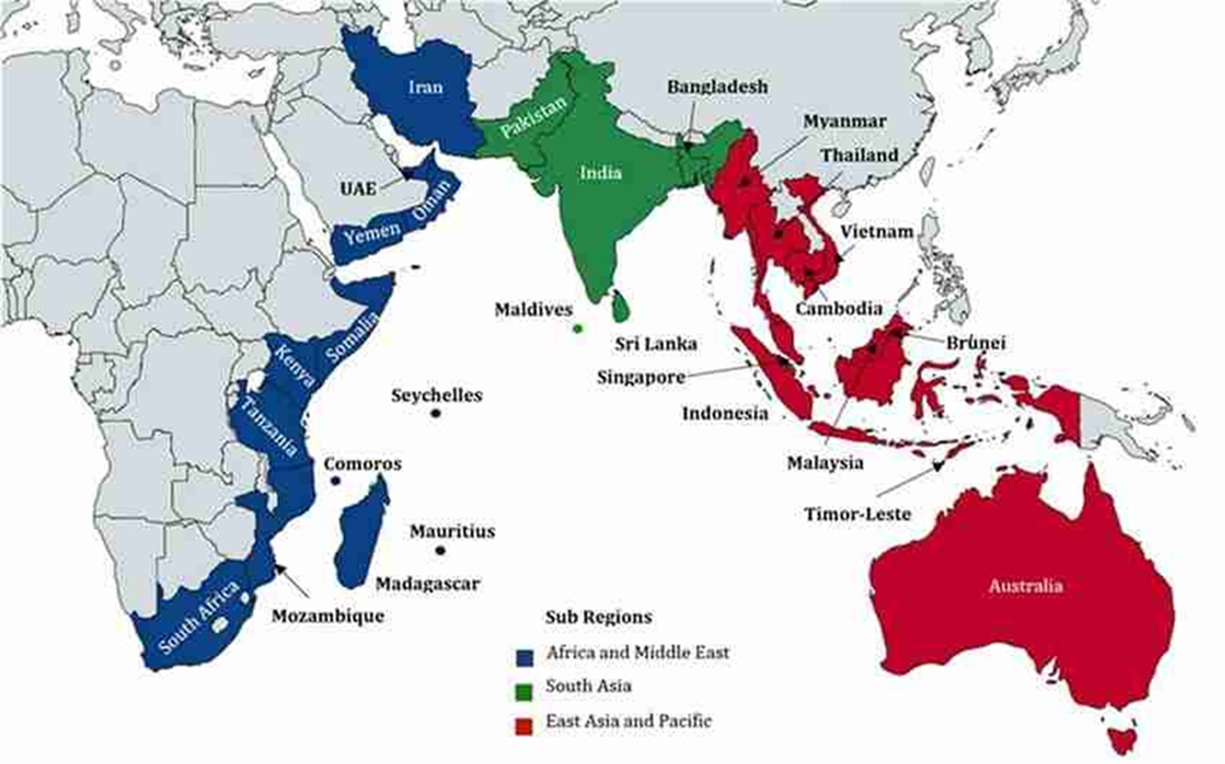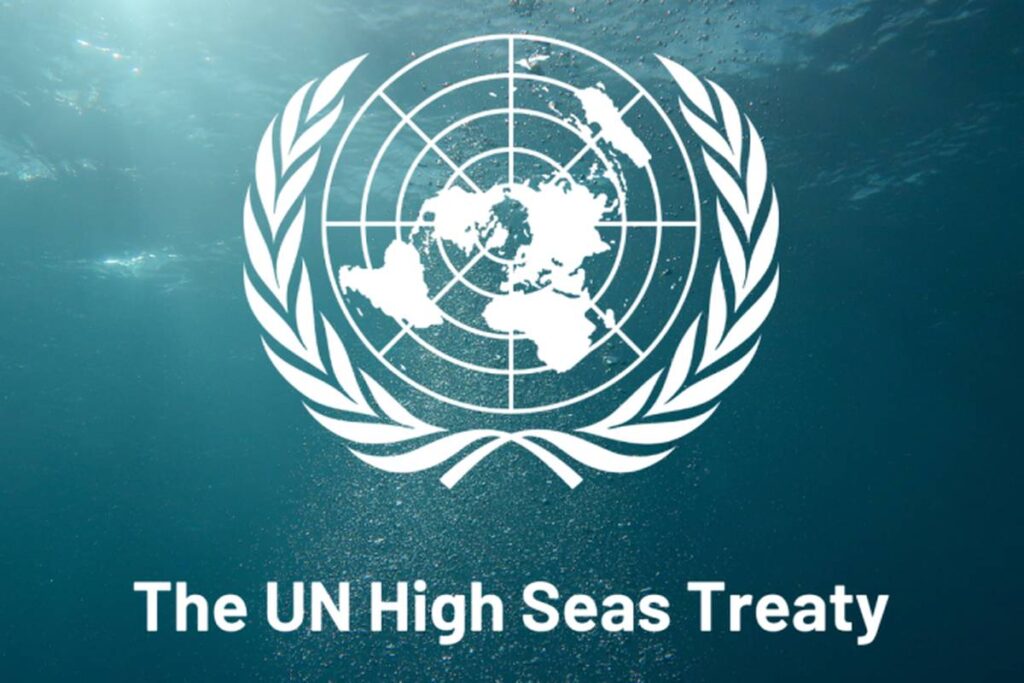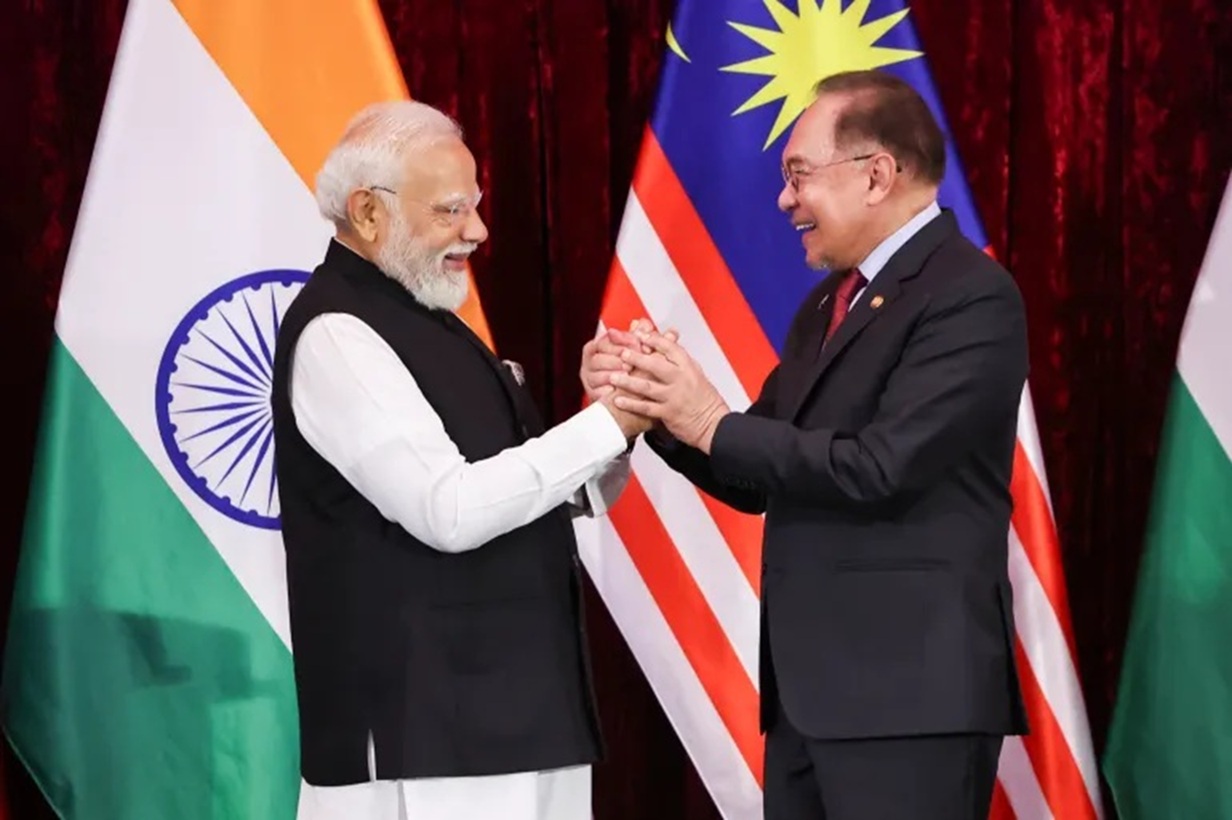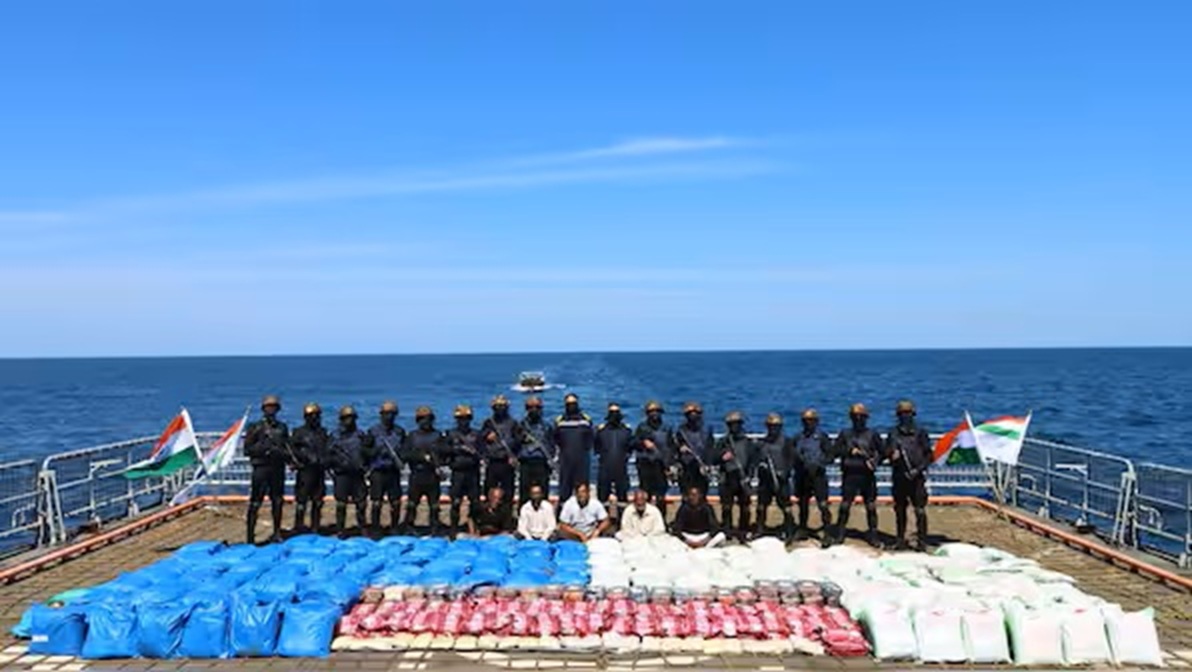Plastic waste is becoming a big challenge for the world in the coming decade. The Asian continent is the leading contributor to plastic waste in the world and India is not so behind compared to others.
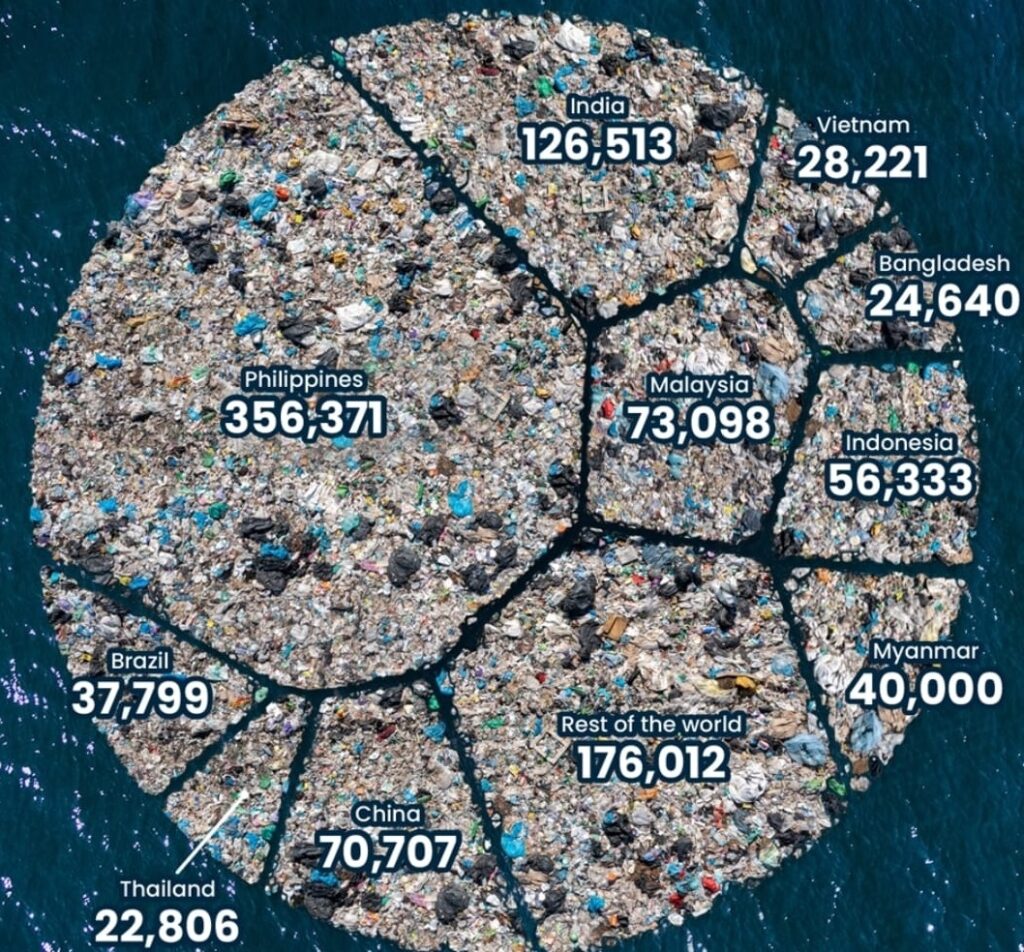
Awareness and Advocacy
By far the biggest issue is of creating awareness as to how much damage plastic waste does to the environment. How many species of flora and fauna will become extinct and how the global warming will keep increasing if we do not resolve the issue of plastic waste?
Sri Lanka has recently banned single-use plastics, following a series of wild elephant and deer deaths from plastic poisoning. The heads of state of all 195 countries need to be on the same page against this war against plastic waste. Presently, they are either involved in wars against neighbours or trying to rebuild their economies destroyed by the Pandemic and by Ukraine – Russia conflict.
Though the challenge of Global warming is being met head-on, the war against plastic waste needs momentum. Numerous NGOs are at the forefront of building awareness amongst the masses and are trying to do their bit with the governments.
Government’s Role
Strengthening laws on against producers who are breaking the existing norms is the first step towards killing this menace. But just norms and guidelines are insufficient for those producing plastics illegally. Currently, there are no means of verification. A comprehensive law should be made to fix the responsibility of those who produce plastic materials and also those who use it in bulk. Last week we saw that the largest single item collected in plastic waste is a cigarette butt. There is no law against those who manufacture cigarette filters or cigarette manufacturers or smokers who discard toxic butts anywhere and everywhere. Hence, comprehensive laws are required to be framed. Enforcement of laws is another issue. Despite their ban, the vegetable vendors who ply hand cards continue to dish out their products in single-use plastic bags. Of course, the buyers are at equal fault, but the enforcement is lax and limited to special monthly drives.
The vegetable seller and the buyer are responsible for saying ‘No’ to plastic bags. There is a need to reconsider the production of virgin plastics. This is true for those types of plastic materials which cannot be recycled. It should include layered plastics (like coloured chips and other packets, sachets of coffee, shampoo, and others). If not a complete ban, their production and use should be reduced to a bare minimum. Ban also needs to be placed on plastic beads and microplastics used in the cosmetic industry, some toothpaste, and body washes, as these need up in water bodies killing marine life.
A ban on the import of plastic waste needs to be invoked. The earlier ban was revoked keeping in view of our plastic recycling industry’s excess capacity vis a vis the availability in India. However, in place of clean, discarded plastic bottles, other wastes including non-recyclable plastics are also released. Our own industrialists should be encouraged to move over to recycling wastes other than PET bottles and containers.
Another major imported plastic waste is in the form of ‘second-hand clothes’. Importers cannot even sell half of these synthetic clothes (polyester/ cellulose origin). The other half is either burnt or just dumped. This import should be banned.
Large e-commerce companies like Amazon, Flipkart, Reliance, and others who are not based in a single state/ Municipal limit need to have different laws. They are becoming large suppliers of plastic goods or goods packaged in plastics. They need to show their commitment which is presently lacking.
On the positive side, the annual Swachh Sarvekshan has opened the eyes of environmentalists. Indore has been winning the cleanest city title for a record 6th time. Last year, it was a joint winner with Navi Mumbai. Both cities have numerous factories and business establishments. Their success in garbage disposal including the management of plastic waste needs to be incorporated by others.
Role of Self-Governing Bodies
As per the Plastic Waste Management rules 2016, the local self-government is responsible for the collection, segregation, processing, and disposal of plastic waste. A tall order indeed but it is doable if sufficient dedication is shown. A few recommended actions are given below:
- Many municipalities like Indore and Pune are working in tandem with industrialists who produce plastics. Rather than wasting money on foreign tours, our councillors and responsible officers must study the various options for reducing the plastic waste load in their own area of responsibility.
- Designate a ‘Plastic Free Month‘. It will not only create awareness in the masses but will lead them to non-plastic options – bags (think – cloth bags), toys, school water bottles, lunch boxes, food packaging, etc. Ever crockery and cutlery from wood/ leaves or stainless steel should be adopted where one-time use is envisaged. This needs to be demonstrated in all large gatherings like weddings and religious/ free meal distribution places.
- Designate a ‘Clean and low plastic use school‘ competition of schools colleges and student hostels on the lines of Swachh Sarvekshan.
- Surprise waste audits of eating establishments, malls, cinema complexes, and large businesses be carried out, at least once a year.
- Pollution control officers have a large role to play in their areas of responsibility. However, they need to be monitored for their output. These offices should also look for spurious ‘recycled’ plastic products.
Few Recommended Actions
This is something that we all can and should do. Many of us are already doing it by reusing the plastic bags we receive and disposing of our plastics in separate bins for collection as per by laws of the local body administering our home. However, there are many other ways in which we can help our country get rid of this menace. It can be by taking measures in our own homes. It can also be by helping our community in reducing plastic waste. Ultimately, it will be for our own good. Here are a few lesser-known but high-rated strategies to reduce plastic load: –
- The common and unrecyclable plastics are also the ones we keep buying again and again. The multi-layered plastics contain chips, namkeen, shampoo, and most other items of daily use. But having learned more about them, I am sure some of us will try to avoid buying them. Buying common items sold in clear PET containers may be a better idea.
- Synthetic clothes, footwear, and accessories. These days even the maid at home avoids accepting second-hand clothes. So, the more synthetic clothes we buy, the more we end up producing a large bulk of plastic waste which is not acceptable to the recycling industry. Buy clothes of natural fibres like cotton, linen, silk, or wool. Or imitate the PM and buy clothes and footwear made of recycled plastic.
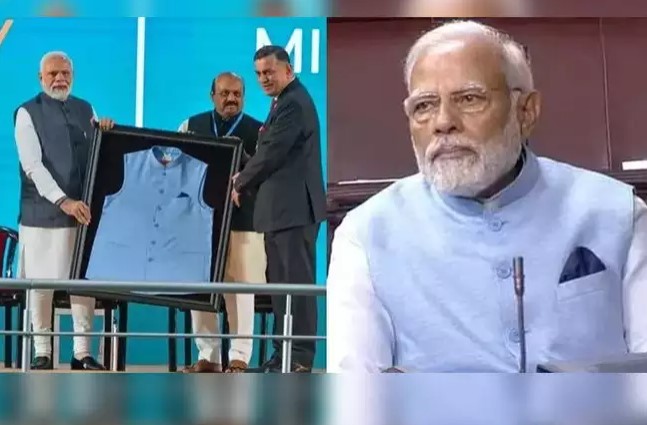
Indian PM wears a jacket made of recycled plastic. P.C. Economic times
- Do not buy or use cosmetics, toothpaste, or body washes containing plastic beads. These are sometimes listed as Polypropylene or Polyethylene.
- Filter cigarettes. I have written about the ill effects of tobacco on health articles earlier. But here, it is the plastic microfiber in the filter of cigarettes that when impregnated with nicotine and released in the atmosphere, soil, and water bodies is responsible for poisonous microplastics. Avoid cigarettes totally. Ideally, give up tobacco abuse.
- Single-use plastics are already banned. Let us keep a bag made of natural fibre or recycled material in our vehicle or purse. Make an effort to buy wood/ bamboo/ recycled plastic materials items like toys, toothbrushes, party materials, and other household items. There are hundreds of other ways of reducing the usage of plastic items which cannot be listed here for lack of space.
- Help the community (social or religious) in starting a used stainless steel utensils bank. These items like plates, glasses, bowls, spoons, and so on can be given on loan or token payment for marriages or other functions to individuals or groups.
- Take initiatives in starting a ‘plastic-free month’ in community housing or office or school/ college.
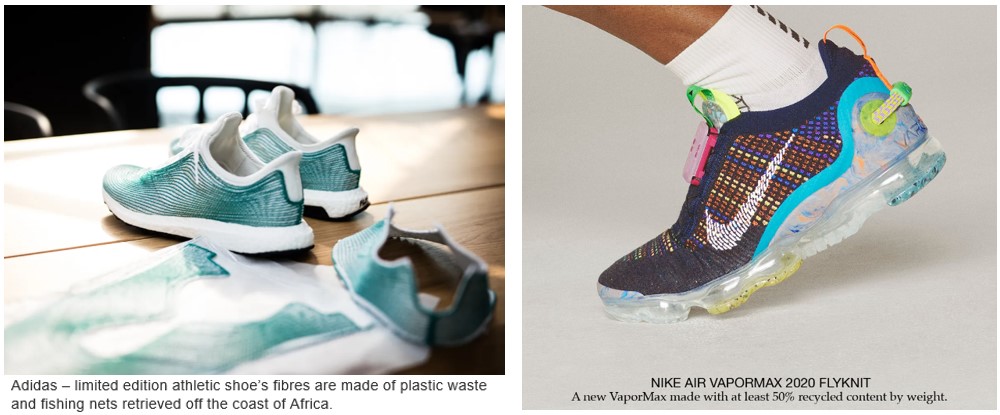
Way Ahead
Many far-sighted industrialists and Research Startups are also coming up with newer ideas. A large number of materials made from natural sources and having properties similar to plastics have been made. Some of them are in use, and others are being tested. Large organisations are starting to think and offer recycled products which is a positive change. 3-D printers are now available in markets in some countries which can recycle waste plastics into household articles right inside the homes. At a fraction of their market value. Let us hope that more such ideas are converted into daily use in our homes. Then, the war against Plastic can be fought on equal terms. Save the planet. Refuse plastics. Reuse if you can’t refuse. Recycle the waste plastic.
Disclaimer: The views and opinions expressed by the author do not necessarily reflect the views of the Government of India and Defence Research and Studies
Title image courtesy: Wired UK

